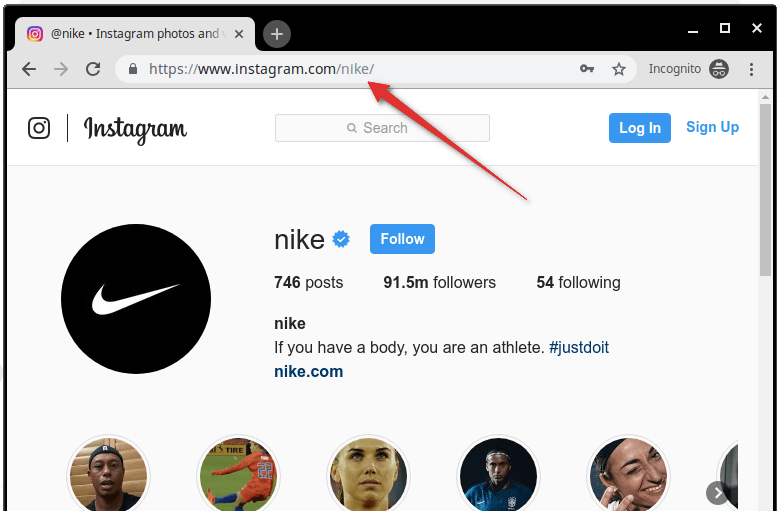Grow Your Business
Best Words to describe a Good Employee

Employees are the backbone of any organization. They drive the daily operations and are the force that propels the company forward. Employees should be handled with care and understanding, considering the various challenges they may encounter. 89% of workers at companies that support well-being initiatives are more likely to recommend their company as a good place to work. Ensuring employees’ needs are met contributes significantly to their mental wellbeing and overall performance.
While it’s true that supervisors and managers are charged with the task of overseeing employees, it’s essential to approach this duty in a manner that maintains their motivation. 77% of employees say they would work harder if they were better recognized. Communication with employees ought to be thoughtful and inspiring, so as not to dampen their enthusiasm and energy.
This article is a valuable resource for managers, employees, and supervisors tasked with managing junior staff. It provides key descriptives that aid in understanding today’s workforce where word choice can greatly influence employee retention. Regardless of the industry, the following eight descriptors provide an insightful guide to characterizing quality employees.
27 Simple Words That Describe High-Performing Employees
As a leader, whether of a startup or a large enterprise, your paramount task is ensuring that all seats have the right people — individuals with a positive mindset.
Here are the best words to keep in mind when nurturing such a mindset among your Perfect Employee.
1. Motivated
A motivated employee may harbor hidden attributes that aid in their career progression. Notably, they are likely keen communicators and active listeners, eager for guidance and continual learning.
Such employees think strategically, considering the potential impacts of their actions, thus minimizing the incidence of costly mistakes that could harm the company’s reputation or profits.
2. Dedicated
A dedicated employee fully embraces their role and aligns with company values. They are focused on helping their organization attain its goals, taking pride in its success and making choices that benefit everyone involved.
3. Consistent
We often neglect the value of consistency, throwing our focus towards innovation and creativity instead.
Certainly, there’s a significant advantage to having an employee who punches in daily and on time. These consistently reliable individuals deserve acknowledgment for their unwavering loyalty.
4. Accountable
High-quality employees exhibit responsibility, both for themselves and for their team. These people aren’t afraid to ask for assistance when necessary, and they certainly won’t shy away from confronting any issues that might be bothering them.
You won’t find yourself needing to micromanage these employees; they fully understand their role and its specifics.
5. Dependable
While talent undeniably plays a big part in an employee’s success, dependability can take them the distance. A dependable staff member not only completes his or her assigned tasks within the given deadline and budget but also devises strategies to troubleshoot issues ensuring project success. Bureau your employee evaluation survey tool to gather more insights on your personnel.
6. Integrity
Integrity is a trifecta of honesty, accountability, and successful delivery. In business, achieving perfection necessitates learning from mistakes. As a leader, your role involves evaluating employees on their willingness to admit their errors and the strategies they implement to correct them.
Those who face their mistakes head-on pass the integrity test with flying colors; it’s a trait that should be nurtured continuously.
7. Committed
Truly dedicated employees aren’t solely focused on climbing the career ladder. They genuinely care about their organization and the clients they serve.
This necessitates an authentic interest in the business, even if their tasks can sometimes become monotonous.
8. Optimistic
This employee is always hunting for imaginative solutions before involving the rest of the team. They see each new day as an opportunity for groundbreaking work rather than merely performing their typical desk-bound duties. Their contributions, whether big or small, propel the business forward.
- Adaptable – Able to adjust to new conditions and challenges effectively.
- Collaborative – Works well with others to achieve common goals.
- Communicative – Shares and exchanges information clearly and effectively.
- Detail-Oriented – Pays attention to the small details that can make a big difference in quality.
- Diligent – Shows care and conscientiousness in their work and duties.
- Efficient – Capable of producing desired results without wasting materials, time, or energy.
- Empathetic – Understands and shares the feelings of others, contributing to a positive workplace environment.
- Honest – Demonstrates integrity and transparency in all actions.
- Innovative – Creative in finding ways to improve processes, products, or solutions.
- Leadership – Inspires and guides others towards achieving team and organizational goals.
- Loyal – Shows firm and constant support to the organization and its objectives.
- Organized – Keeps work and thoughts structured to meet deadlines and manage tasks efficiently.
- Patient – Able to accept or tolerate delays, problems, or suffering without becoming annoyed or anxious.
- Proactive – Takes initiative and anticipates needs without being asked.
- Problem-Solver – Identifies challenges and provides effective solutions.
- Reliable – Consistently dependable in performance and behavior.
- Resourceful – Finds quick and clever ways to overcome difficulties.
- Respectful – Maintains a demeanor that respects colleagues, company policies, and company culture.
- Versatile – Possesses a wide range of skills and can adapt them to fit various roles or situations.
Taking these descriptors into account, identifying your top performers should now be a piece of cake. These words will aid in answering essential questions like what makes your team members exceptional? If you’re an employee, this list offers a mirror to self-evaluate alignment with these traits.
I began my career as an assistant to my father in his construction company, where my brother and I poured concrete and cut rebar. In such a role, you don’t think about how to praise and encourage subordinates. When I got my first junior intern, it became a serious challenge for me. I don’t really like communication, but the productivity of the team directly depends on how the manager communicates with the great team. This experience cost me a lot.
-

 Manage Your Business2 days ago
Manage Your Business2 days agoTOP 10 VoIP providers for Small Business in 2024
-

 Cyber Risk Management6 days ago
Cyber Risk Management6 days agoHow Much Does a Hosting Server Cost Per User for an App?
-

 Outsourcing Development6 days ago
Outsourcing Development6 days agoAll you need to know about Offshore Staff Augmentation
-

 Software Development6 days ago
Software Development6 days agoThings to consider before starting a Retail Software Development
-
Edtech2 days ago
How to fix PII_EMAIL_788859F71F6238F53EA2 Error
-

 Grow Your Business6 days ago
Grow Your Business6 days agoThe Average Size of Home Office: A Perfect Workspace
-
Solution Review6 days ago
Top 10 Best Fake ID Websites [OnlyFake?]
-
Business Imprint6 days ago
How Gaming Technologies are Transforming the Entertainment Industry








